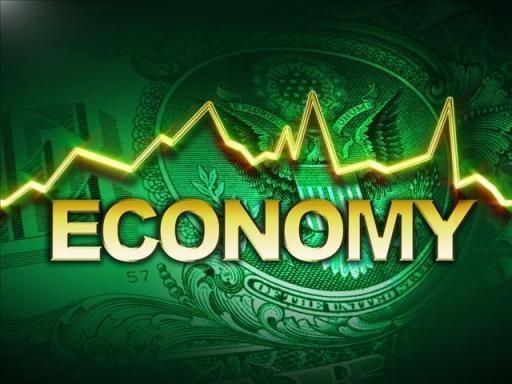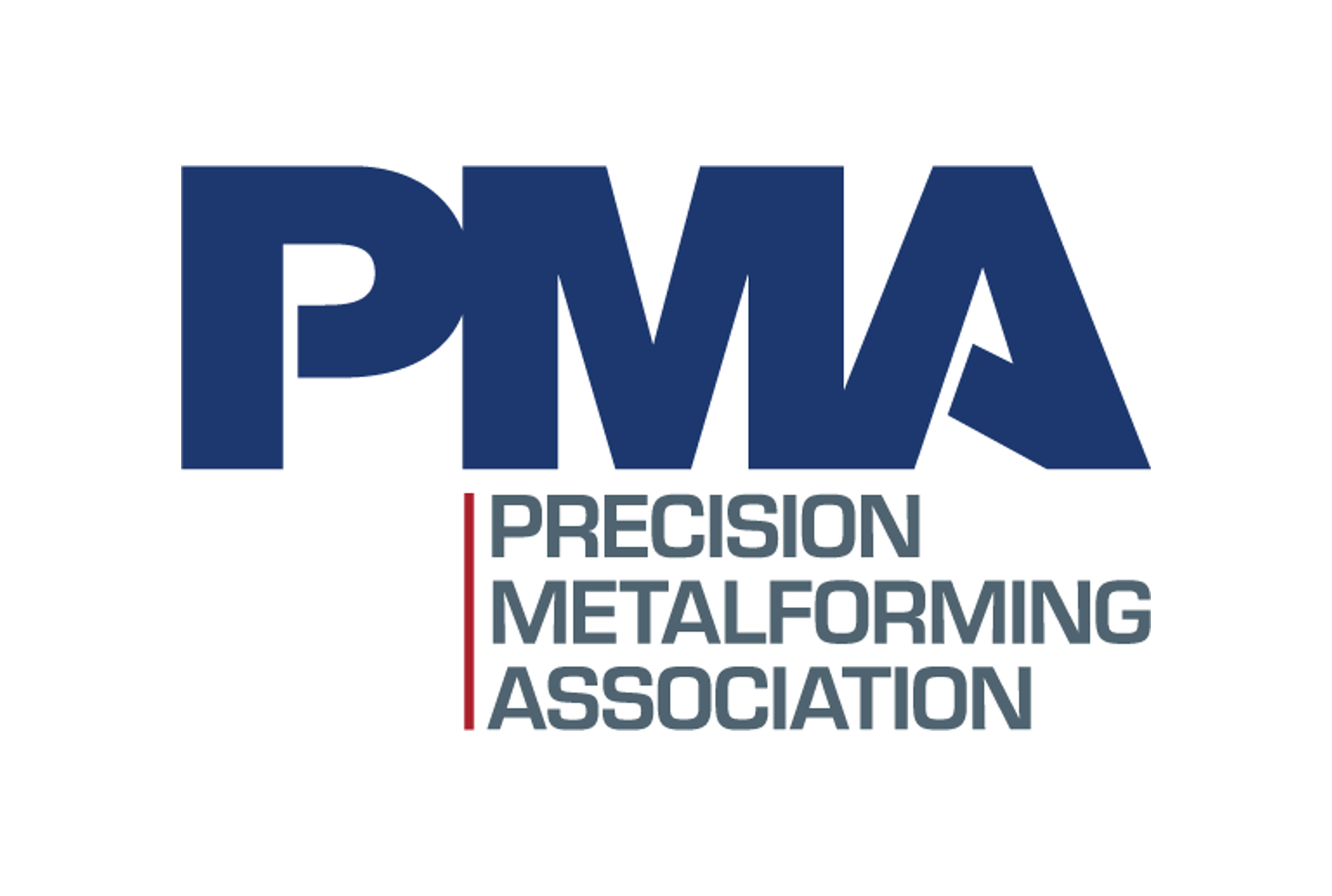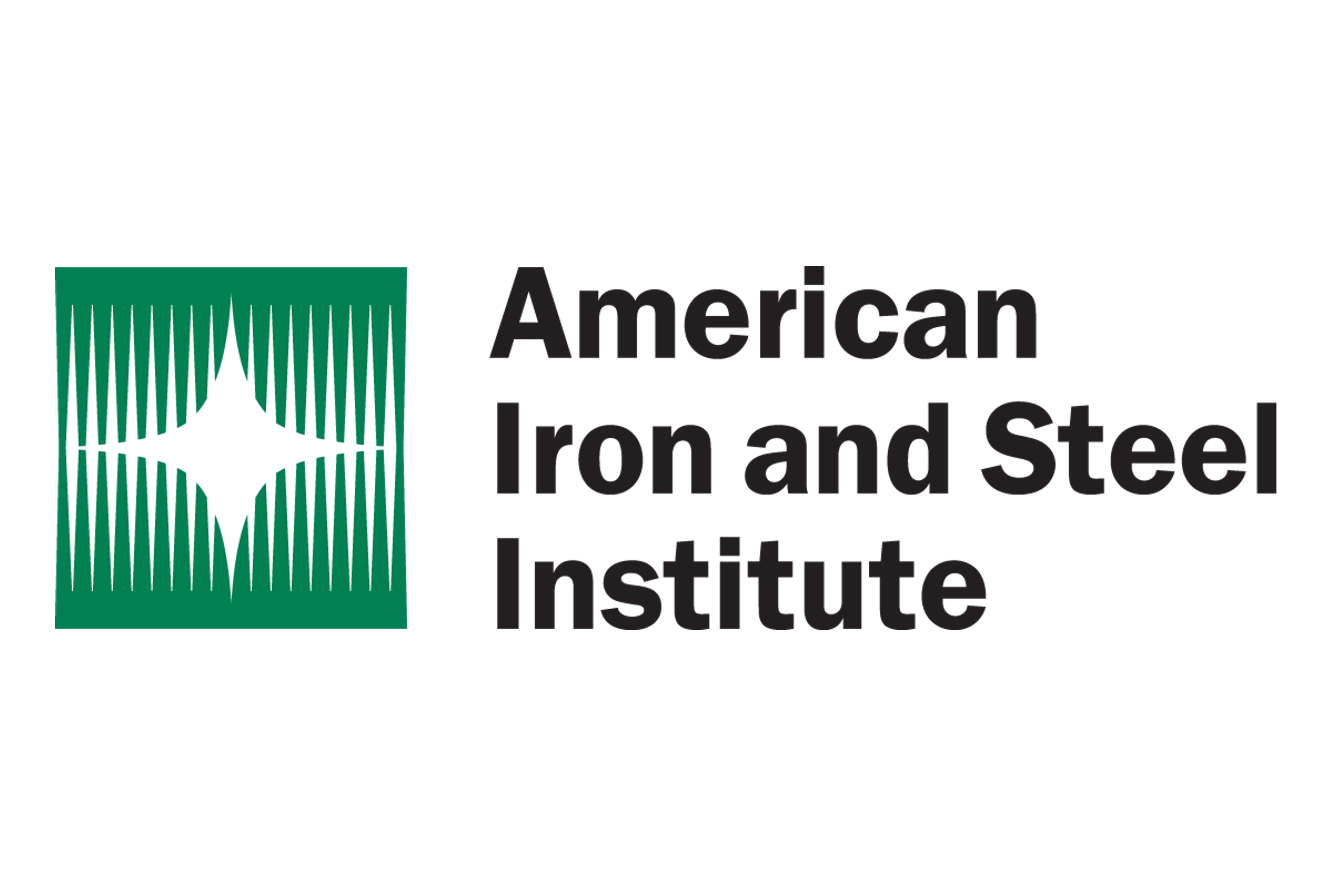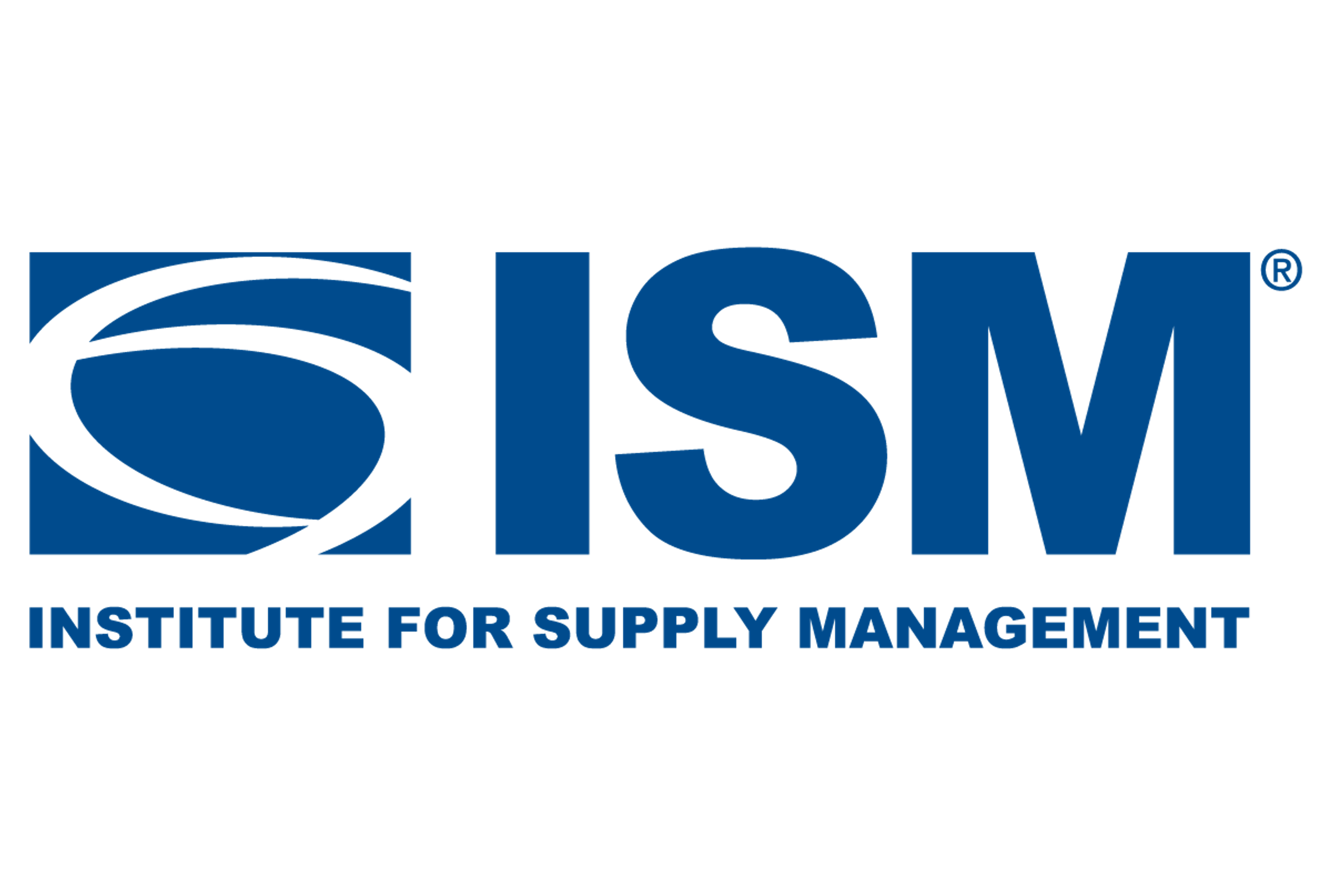Market Data

March 11, 2018
Economist Chris Kuehl: 'Tariffs on Raw Materials Don’t Work'
Written by John Packard
Fabricators and Manufacturers Association (FMA) Chief Economist Chris Kuehl believes Section 232 tariffs will not create a trade war and that most of what is happening now is nothing more than posturing. Although he told SMU that “trade wars are not unusual as countries try to protect their domestic products.”
 Kuehl was critical of how the steel industry has been treated over the decades since the boom years in the 1950s and ’60s. He told FMA members, “We have been treating the steel industry like a bastard step-child for decades.” He went on to point out a few government policies that have hurt the steel industry: fuel efficiency standards thave favor other materials over steel; the lack of a coherent energy policy for an energy market that is a big user of steel for pipe and storage; and lack of action on infrastructure over the past 20 years. He also pointed out that the U.S. sells mothballed navy vessels to other countries where they are stripped and remelted to make new steel in their furnaces, not those in the U.S., because the scuttling process is considered too environmentally unfriendly.
Kuehl was critical of how the steel industry has been treated over the decades since the boom years in the 1950s and ’60s. He told FMA members, “We have been treating the steel industry like a bastard step-child for decades.” He went on to point out a few government policies that have hurt the steel industry: fuel efficiency standards thave favor other materials over steel; the lack of a coherent energy policy for an energy market that is a big user of steel for pipe and storage; and lack of action on infrastructure over the past 20 years. He also pointed out that the U.S. sells mothballed navy vessels to other countries where they are stripped and remelted to make new steel in their furnaces, not those in the U.S., because the scuttling process is considered too environmentally unfriendly.
He told the group that “tariffs on raw materials don’t work very well” as there are many ways to get around the tariffs. One of the most damaging to the U.S. economy is the practice of sourcing parts made of steel from other countries.
The main concern for steel buyers is the rising price of steel, which could go higher than the 25 percent tariff. Kuehl pointed out there are issues with logistics costs, and there could be capacity issues (lack of supply) that would also force prices up.
“Politicians make lousy businessmen” is how he concluded his comments on the subject.
Regarding the overall economy, his suggestion to everyone was to “enjoy the next six months and then hide for the next six months….”







